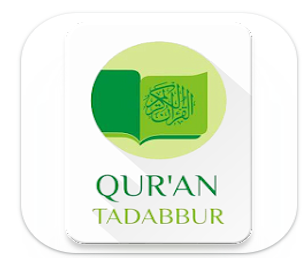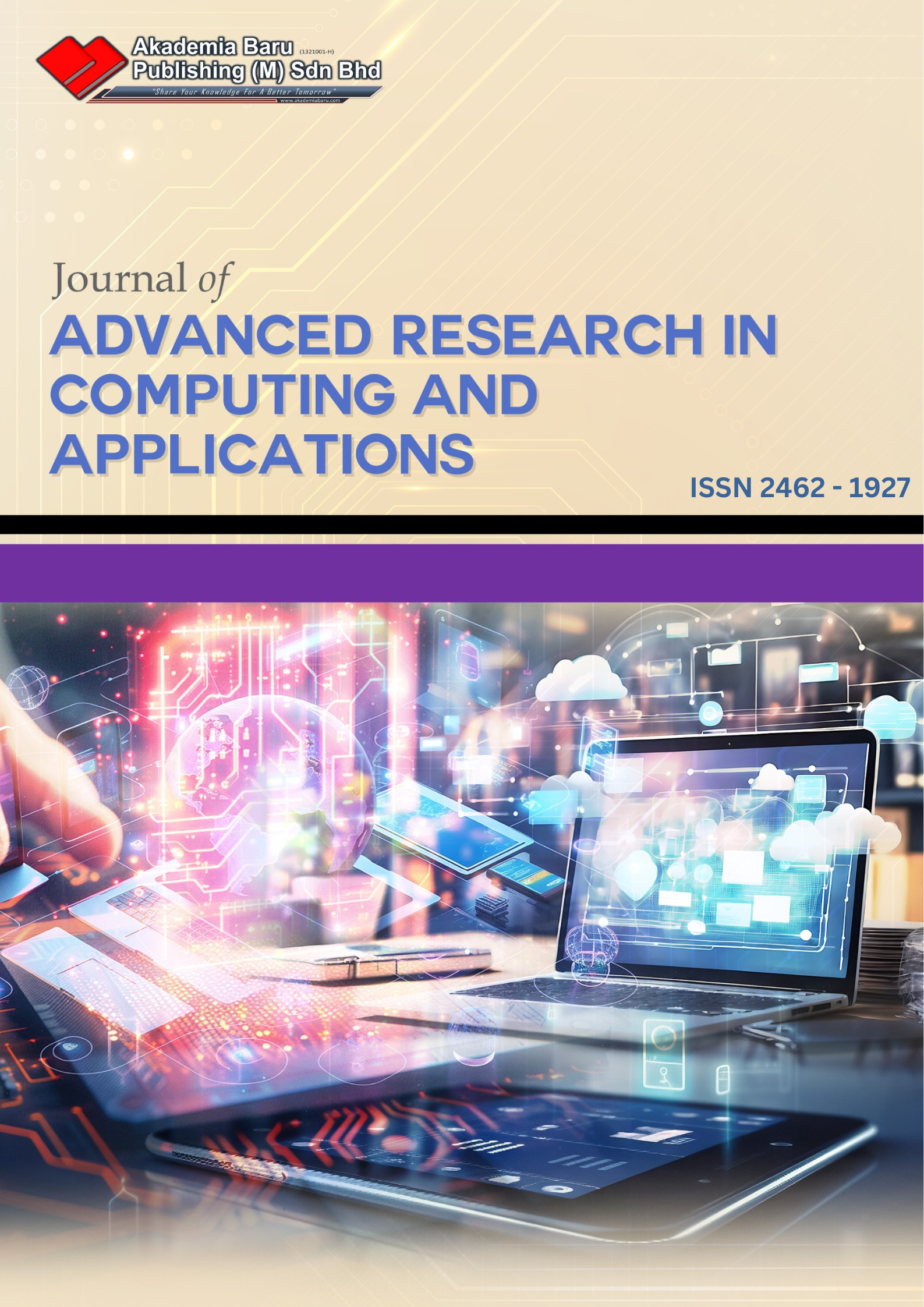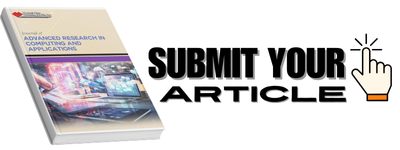Tadabbur Al-Quran through Information Technology: A Pilot Study among Selangor Islamic University Students
DOI:
https://doi.org/10.37934/arca.35.1.3139Keywords:
Information technology, communication (ICT), tadabbur al-QuranAbstract
Digital information technology has had a great impact on human life in many aspects. It is growing rapidly and becoming an important part of everyday life. Based on these requirements, this pilot study was conducted to identify the reliability of the instrument to measure the use of information technology during the process of meditating on the Quran among students of the Institute of Higher Studies at the Islamic University of Selangor (UIS). Since university students are the future human capital of the country and the link to the previous generation of the Muslim community, it is necessary to study and appreciate the true Quran according to the Quran and Sunnah. This study is based on a quantitative research design and the method used is stratified random sampling with a sample size of 35 Muslim students from the Islamic University of Selangor (UIS). The research instrument used is a questionnaire. The use of digital questionnaires that is "google form" allows data to be collected and analyzed easily and quickly. Research on previous studies was done to build instruments in this study. The value of the cronbach alpha coefficient for tadabbur al-Quran and information technology is 0.90 which is at a very high value. Thus, variable reliability of this instrument is acceptable. Research data was analyzed using IBM "Statistical Package of Social Science" (SPSS) version 29 to evaluate frequency, percentage and average. The results obtained show that the practice of memorizing the Quran using information technology among students is at a medium-high level. Thus, technology-based digital learning enables learning the Quran and daily tasks to be more personal and effective. However, the goals and objectives require improvements in order to help the process of reciting the Quran more systematic to achieve the goals and results of reciting the Quran.
Downloads















